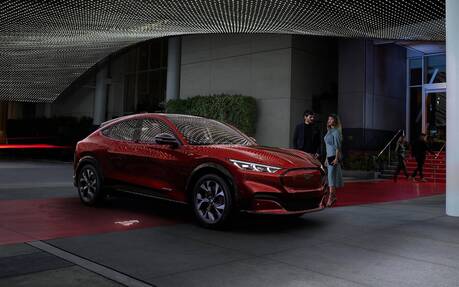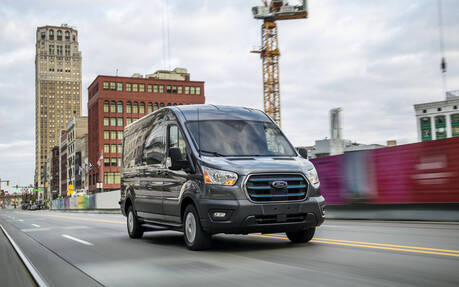Ford Doubles Down on EV Investments, Accelerates Plans
During a conference call with the media to detail its financial results for 2020, Ford said it lost $1.3 billion USD ($1.6 billion CAD) last year, marking its first full-year loss since 2008.
However, what we’re particularly interested in are the investments planned for the next few years.
- Also: Goodbye SYNC: Ford to Use Google’s Android Beginning in 2023
- Also: Future Ford Models Could Have Euro Flavour; Here’s Why
New Ford CEO Jim Farley announced that the automaker will increase spending on electric vehicles to $22 billion USD ($28 billion CAD) by 2025, roughly double what was originally planned. This includes investments already made in EVs since 2016.
“We are accelerating all our plans, breaking constraints, increasing battery capacity, improving costs and getting more electric vehicles into our product cycle plan,” Farley told journalists.
Deliveries of the Mustang Mach-E have only just begun. The E-Transit electric commercial van will follow in late 2021, while the highly anticipated F-150 EV is due by mid-2022.

Ford is also developing an electric model using Volkswagen’s MEB platform, although that one will be sold in Europe only starting in 2023. Another MEB-based vehicle is under consideration.
What’s more, Farley said EVs would be “fundamental” to Lincoln in the coming years. According to several sources, a fully electric Corsair will be built in Oakville, Ontario starting in 2025.
The conference call included details about autonomous vehicles, as well. Ford will increase its investments to $7 billion USD ($9 billion CAD) by 2025. Close to a third of that has already been spent, mostly in self-driving technology startup Argo AI which Ford is a key investor in together with Volkswagen.
Argo AI recently began testing a fourth-generation prototype capable of Level 4 autonomy, meaning without the need for a human driver behind the wheel, though only in set conditions.
The first Ford commercial vehicles using Argo AI's self-driving system are expected to roll out sometime in 2022.

